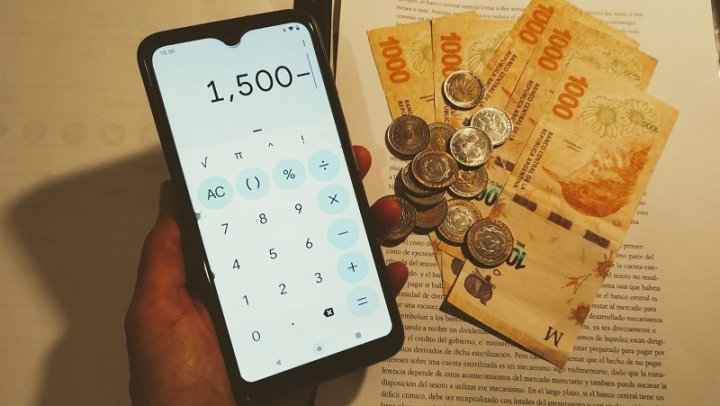
June begins with more increases. Accumulated inflation was 65% so far in Milei’s government, and more increases are expected next month that anticipate inflation that will remain high. There will be increases in private schools, prepaid, rates, landline and cell phone service and fuel.
These increases will impact prices and those who lose from inflation are workers, retirees and the most vulnerable sectors. According to Indec data, in the period November 2023-March 2024, the collapse of purchasing power is 12% among formal workers in the private sector and 21% among formal workers in the public sector. Among the informal ones the drop is 27%.
It is urgent to emergency increase in salaries, pensions, and social programs to recover everything that was lost in recent years, and to automatically adjust according to inflation.
Nafta
This Saturday there will be a new fuel increase. The Government doubled the update of taxes on liquid fuels (ICL) and carbon dioxide (IDC). The first increase will be approximately 1.2%, the second adjustment will have to wait until July.
It is estimated that gasoline and diesel will increase by an average of 3.5% throughout the country; oil companies seek to improve their profits.
Thus, YPF super gasoline will rise from $870 to $900 per liter in the Autonomous City of Buenos Aires (CABA). Diesel could increase from $918 to around $950 per liter. Shell, Axion and Puma Energy are also expected to increase their prices.
Electricity and gas rates
The Government begins to reduce subsidies for low- and middle-income households, the most vulnerable sectors, from June 1 to November 30, 2024. Another adjustment to comply with the fiscal surplus as the IMF likes.
Residential users of the gas service have already begun to receive bills with increases close to 400%, as a result of the increase in rates. Another blow to the pockets of the working class.
Cable and cell phone
Starting in the first days of June, there will be a new increase in the prices of these services, and the increase will be between 8 and 20%, depending on the service and the operator.
Tolls
The City Government will implement a 35% increase in the toll rate on the highways of the Autonomous City of Buenos Aires (CABA). The new tariff schedule will come into force this Saturday, June 1. The highways had already had an increase of 150% in May.
The new rate schedule ranges from $903 to $21,320 during peak hours. These increases will apply to vehicles that circulate on Highways 25 de Mayo, Perito Moreno, Illia, Retiro II, Sarmiento, Salguero, Alberti and Paseo del Bajo.
Prepaid
Prepaid companies are expected to raise their fees again since the National Court of Federal Civil and Commercial Appeals ordered two companies, with precautionary measures, to recalculate their fees so that the monthly increases are in line with inflation rates. . Thus, in April the inflation published by Indec was 8.8%.
A well-known prepaid company announced in a note to its members that “during May members will receive a notice informing of a fee increase of 8.8% (due in June). This percentage was set prior to the next conciliation hearing and coincides with the April CPI, as defined by the Ministry of Commerce.”
Prepaid medicine companies will return what they overcharged in recent months, but through a payment plan of 12 consecutive installments. A business for prepaid companies that profit from health.
Private schools
The fees of private schools that receive state subsidies from CABA and the province of Buenos Aires rise again in June. The fees of Buenos Aires educational establishments increase 6.6% and 7.5% in those of Buenos Aires.
In CABA at the initial and primary level, the fees range from $23,756 and $109,891, the common secondary levels, the fees will range from $26,206 and $142,820.
For their part, private schools in the Province of Buenos Aires will be located at: initial and primary level between $18,760 and $84,770, secondary level, between $20,680 and $110,150.
Source: www.laizquierdadiario.com
